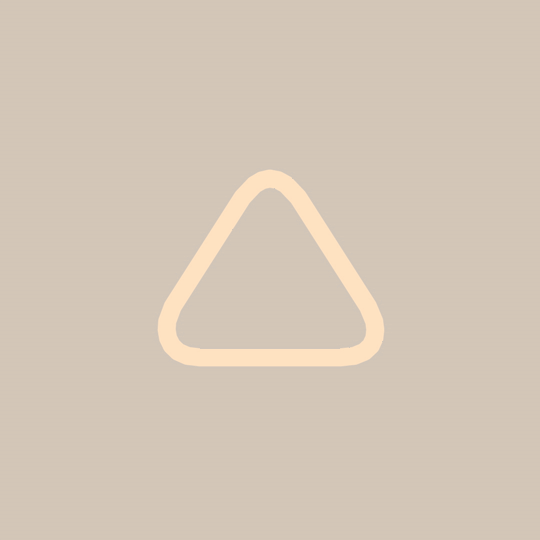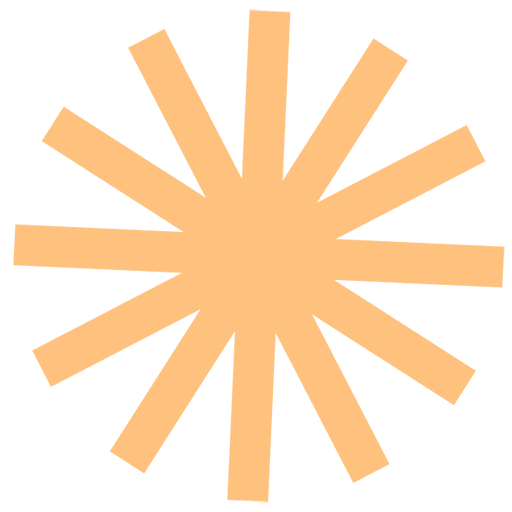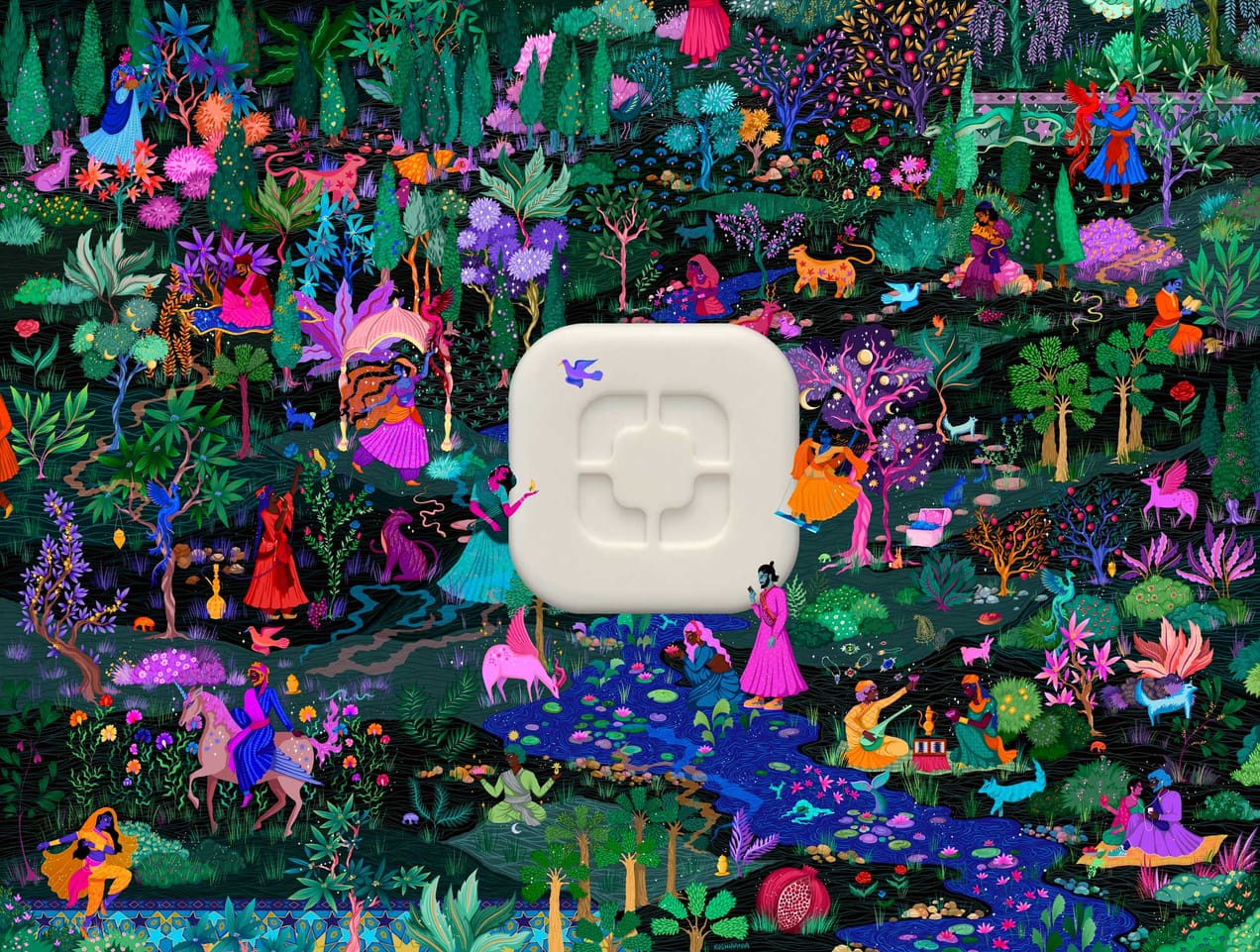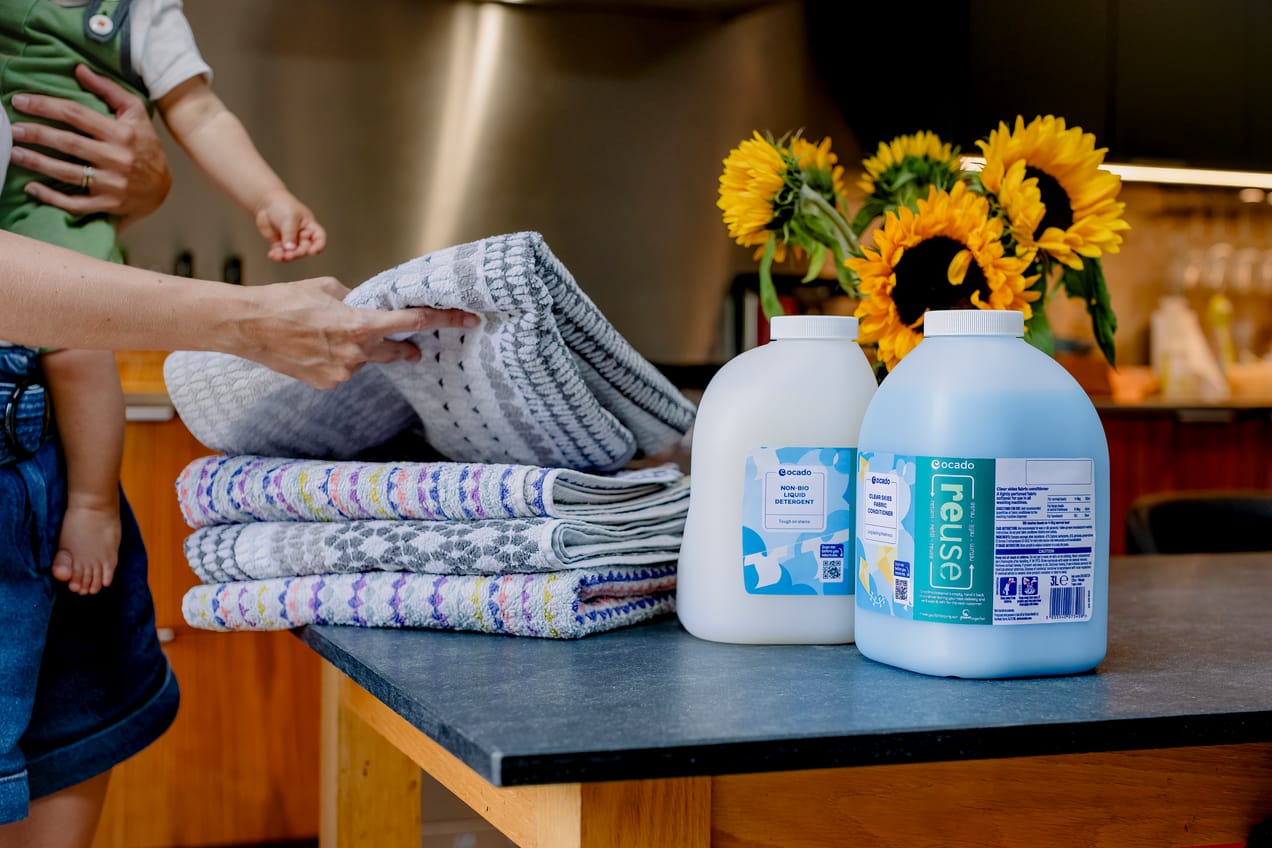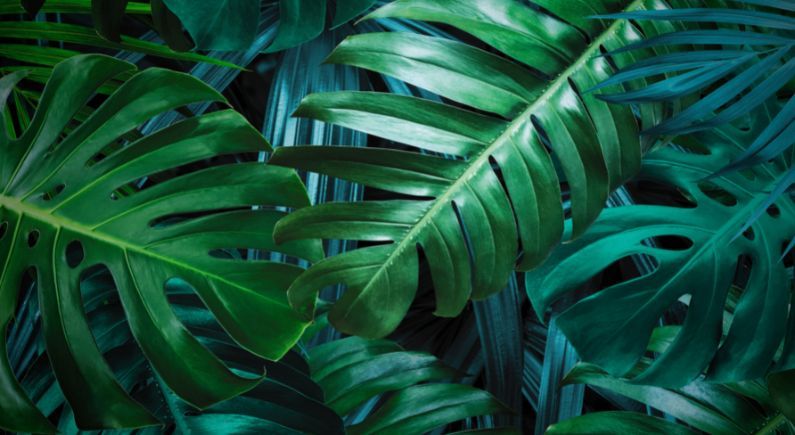
What should you say to consumers about sustainability?
How should you go about sustainability? Many words have lost their meaning. Including sustainability. It’s so overused now that it’s not clear anymore what it means.
It’s a bit like clean beauty. It carried meaning when it’s started a few years back, but now it is just a mix-match of pretence.
And sustainability goes the same.
A few example of words that have lost meaning: eco-friendly, sustainable, green, clean, recyclable, biodegradable, upcycled, waterless, zero-waste, carbon neutral. Hang on! Too many words that brands use in their campaigns.
Fear not. These words still carry meaning, but the more mainstream they become, the more meaning they loose. Why? Because they tend to be used in many different ways that can be contradictory to each other.
What is our recommendation? Use them with details and explanations. Bring nuance to your language. Depth to your campaigns. Not easy, as you need to capture attention first and hook consumers before they move on to the next idea.
But being honest, transparent is more important to remain relevant rather than shouting the loudest.
Remember. It’s about trust. And trust is built over time.
Download our Marketing whitepaper to learn more about the do’s and don’ts of the wording of sustainability in Beauty.
New kids on the block
Why it’s interesting
Spring has sprung and many new brand are being birthed. 3 brands caught our attention in France: Eclo beauty, Ulé & Maison Dakota. All three, have sustainable claims at the core and are offering skincare and makeup products in a creatively sourced fashion. One brands is using vertical farming, one regenerative ingredients, and another one upcycled ingredients. Here for the future of beauty.
Key Takeaways
- Ulé (Shiseido’s startup) is the first vertical farming
- Maison Dakota is a nomadic, solid, upcylced and refillable beauty range
- Eclo beauty is the regenerative make-up brand

7 million. No more. No less.
Why it’s interesting
You may have understood from reading our newsletter that we are about inclusivity, diversity and women empowerment On that note, a French startup, Jolimoi, co-founded by four women has reached a milestone with a Serie A funding of 7 million euros. There is still bias in the finance world, and you often hear “oh, it’s a beauty start-up, let me ask my wife what she thinks”. NO. Please do your own research like you would do for any other investment. No kidding. Real life story. Note that “Currently, only 2% of venture capital goes to women-led startups".
Key Takeaways
- Jolimoi is a social selling beauty platform
- a portfolio of over 60 beauty brands (skin, hair, make-up, supplements, accessories, etc.)
- a network of 5000 beauty stylists all over France and Belgium

Objects more in tune with our senses
Why it's interesting
Here is an insightful content about new ways to design, to make objects more natural and less disruptive of our lifestyle. We can see that in packaging we are moving towards more “sensorial” matters. What if our cosmetics packaging was fully integrated in our bathroom, and more part of the wellbeing journey, rather than a mix match of objects.
Key Takeaways
- Google is exploring ambient design for its new objects
- purpose of the experiment is to build “calm technology”
- using sound, movement and visual cues for notifications as more settle indicators
